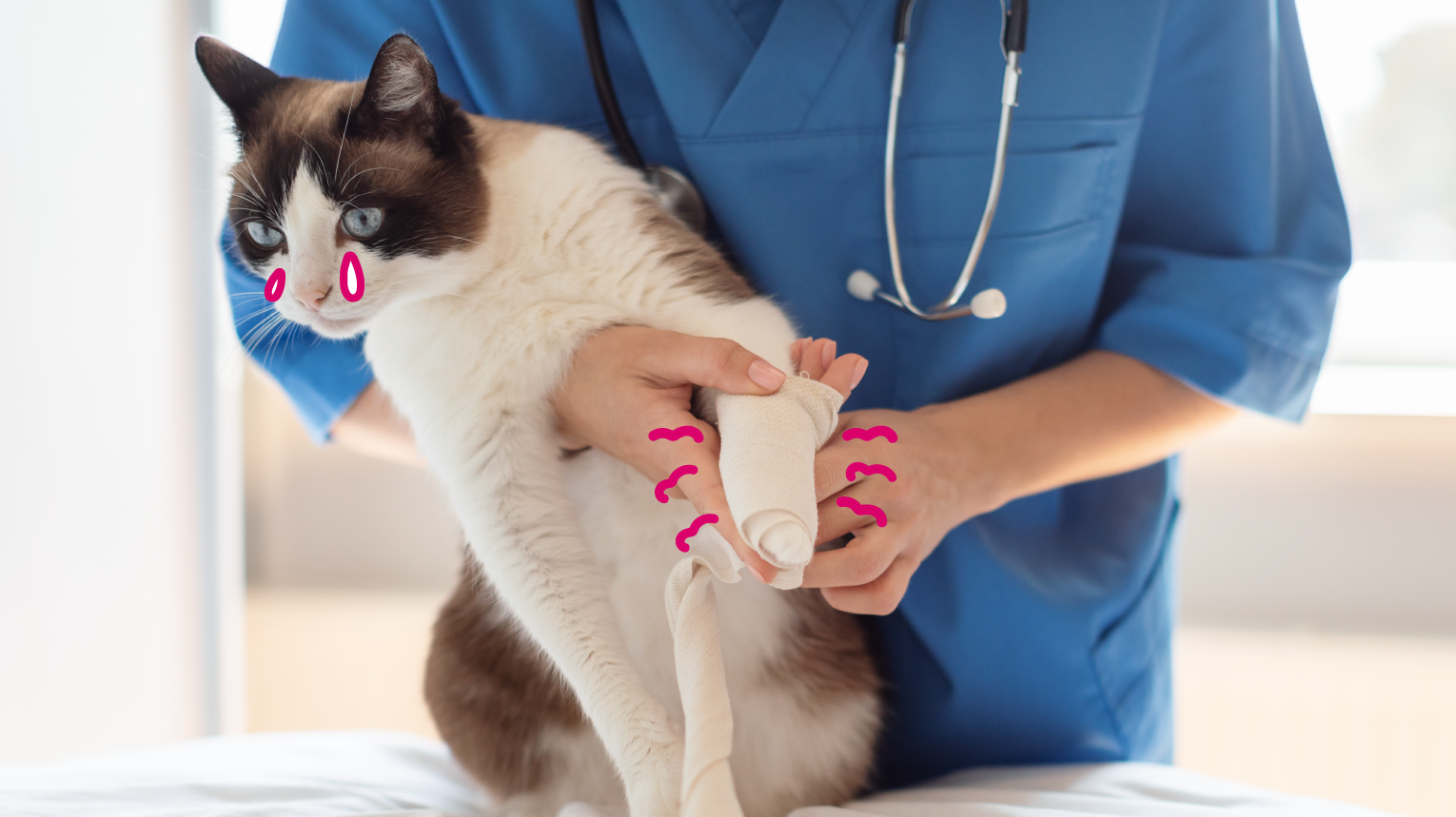As our beloved feline companions age, their needs evolve, requiring us to adapt our care to ensure their continued health and happiness. “Feline Wellness in Their Golden Years: Diet and Care Strategies” delves into essential approaches to nurture senior cats, focusing on tailored nutrition, regular veterinary care, and enriching their daily lives. Understanding the unique challenges faced by older cats such as changes in metabolism, mobility, and behavior allows us to provide the specialized support they need. From selecting the Best Cat Food to implementing gentle exercise routines and fostering emotional well-being, this guide aims to empower cat owners with effective strategies that promote a fulfilling and vibrant life for their aging pets. Embrace this journey with compassion and awareness, ensuring that your feline friend enjoys their golden years to the fullest. Implementing effective strategies can significantly enhance their quality of life, allowing them to age gracefully. Here are key areas to focus on:
Behavioral Adjustments
Aging can lead to changes in your cat’s behavior, including increased anxiety or irritability. Pay attention to their mood and adjust interactions accordingly. Providing safe spaces where they can retreat when feeling overwhelmed can be beneficial. Familiar environments and routines can also help reduce anxiety.
Therapeutic Massage
Incorporating gentle massage into your cat’s routine can promote relaxation, improve circulation, and alleviate joint stiffness. Spend time learning proper techniques or consult a professional who specializes in animal massage. This can enhance their comfort and strengthen your bond.
Dietary Sensitivities
As cats age, they may develop sensitivities to certain ingredients. Monitor their reactions to food closely, and be prepared to switch to a limited-ingredient diet if needed. This approach can help prevent gastrointestinal issues and ensure their diet remains gentle on their system. Senior cats often need diets formulated specifically for their age group, focusing on high-quality proteins, increased fiber, and lower fat content. Opt for foods rich in antioxidants and omega fatty acids to support their immune system and promote healthy skin and coat. Consider incorporating wet food for hydration and palatability. Consulting your veterinarian about the food that can help tailor their diet to meet individual health needs.
Temperature Sensitivity
Senior cats may become more sensitive to temperature changes. Ensure they have warm, cozy spots to rest, especially in colder months. Consider heated beds or pads to provide extra comfort. Conversely, ensure they have access to cooler areas during warmer months to avoid overheating.
Fostering Independence
Encourage independence by making essential resources easily accessible. This includes food, water, litter boxes, and comfortable resting areas. Reducing the need for your cat to navigate obstacles can enhance their confidence and comfort, promoting a sense of security.
Enrichment through Training
Training is not just for younger cats! Teaching simple commands or tricks can provide mental stimulation and strengthen your bond. Use positive reinforcement techniques to make training enjoyable and rewarding. This engagement can help maintain cognitive function and enrich their daily routine.
Support for Joint Health
Joint issues like arthritis are common in older cats. Beyond diet and supplements, consider integrating low-impact activities like swimming or gentle stretching exercises into their routine. Consult your veterinarian for recommendations tailored to your cat’s needs.
Pet Insurance or Health Plans
Investing in pet insurance or a health plan can help manage the costs associated with regular veterinary visits and unexpected health issues. This financial support can provide peace of mind, allowing you to focus on your cat’s well-being without the stress of potential expenses.
Understanding Grieving Process
If you have other pets, be mindful of their potential reactions to the aging or passing of a senior cat. Animals can grieve, and understanding this process can help you provide support to all pets in your household, ensuring they feel secure and loved during transitions.
Holistic Health Approaches
Explore holistic approaches to senior cat care, such as acupuncture, herbal treatments, or homeopathic remedies. These therapies can complement traditional veterinary care and may help with pain management or overall wellness. Always consult with a veterinarian experienced in holistic medicine before trying new treatments.
Travel Considerations
If you travel with your senior cat, ensure their comfort and safety. Plan for frequent breaks during car trips and bring familiar items, like their bed or favorite toys, to reduce stress. Consider using a comfortable carrier with adequate ventilation to make the journey easier for them.
Socialization Strategies
Encourage socialization with other cats or pets that are calm and gentle. Gradual introductions can help build positive relationships and prevent stress. Supervise interactions to ensure a harmonious environment and create opportunities for your senior cat to engage in safe social settings.
By incorporating these different points into your care strategies, you can enhance the overall well-being of your senior cat, ensuring they receive the attention and support needed to thrive in their golden years







Leave a Reply